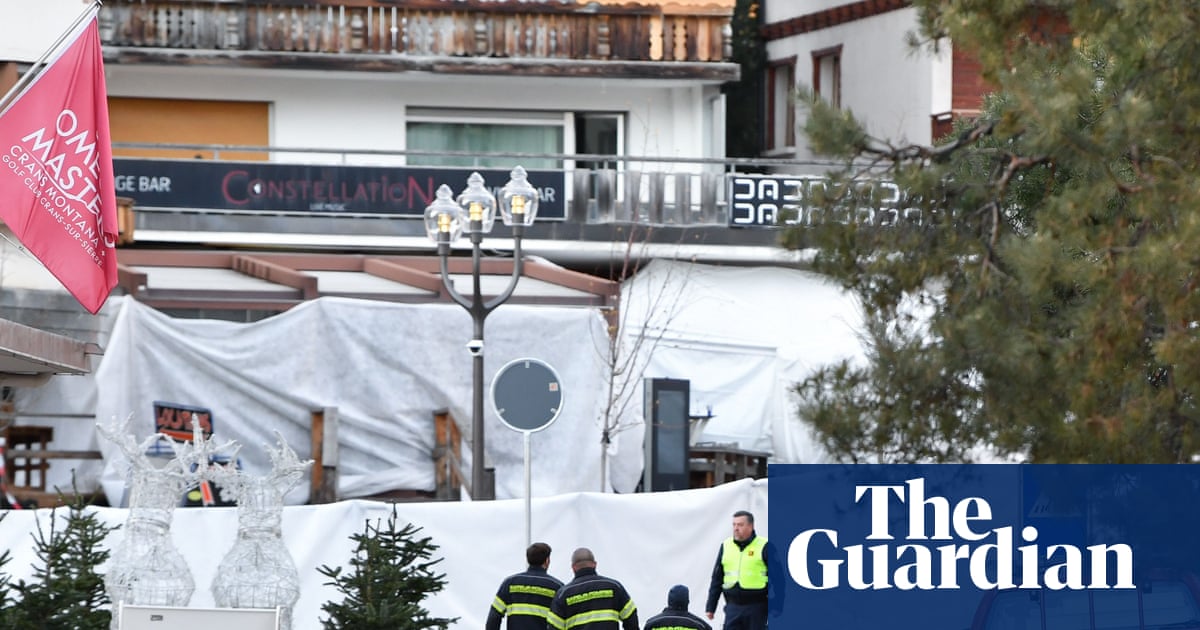Complaints from social housing tenants about poor living conditions have risen by more than 40% in England, according to the latest report from the housing ombudsman, including a case in which a child’s bedroom window was boarded up for four years.
The Housing Ombudsman Service made 7,082 decisions on complaints from tenants to social landlords about lack of repairs and other failings including antisocial behaviour in the year to 31 March. This was up 30% from the previous year, the public body said in its annual complaints review.
There was a 43% increase in complaints about poor property conditions, far above the overall rise in investigations. The ombudsman made 26,901 interventions to put things right, with 40% of compensation awarded related to leaks, damp and mould.
The findings were grim: one household in Manchester lived for two years with empty bin bags covering a hole in their living room ceiling with the risk of asbestos.
In London, a resident lived for three years without functioning heating and hot water and in a separate case a child had their bedroom window boarded up for four years. The family complained this allowed no light into the room, but a draught was coming in. They also expressed concern about the security of the window.
In another case in London, a wheelchair user was unable to access her bedroom and bathroom for two years because the doorways were not wide enough.
The ombudsman ordered £5.4m in compensation to tenants, with the average amount of compensation per case falling to £947 from £1,151, suggesting improvement in the redress offered by landlords in their own process, it said.
There were some tentative signs of improvement, as the overall maladministration rate – which measures all failings that affect residents – fell to 71%, down from 73% the year before, or 10,235 cases. The severe maladministration rate decreased to 5%, down from 7%, for the most serious failings, as those cases fell by 117 to 714.
There were 120 landlords against whom 75% or more of the complaints were upheld. There were also 131 landlords that received at least one finding of severe maladministration.
London-based L&Q, which is one of the country’s largest housing associations, had the most severe maladministration findings, 77, followed by Lambeth council with 40 and Peabody Trust with 34.
Richard Blakeway, the housing ombudsman, said: “Acute pressures remain for some social landlords, with the negative impact on the lives of some residents.
“There are reoccurring lessons across thousands of complaints, which if addressed could prevent future service failure. This review shows the first signs of the sector’s complaint handling improving. It is from a high failure rate and focus cannot be diverted. Still, it shows some things are starting to work.”
Blakeway has previously warned that “simmering anger” at poor housing conditions could turn into social tension
The report said 16 landlords significantly improved their performance this year, and that there were two landlords – North Devon Homes, and Pickering and Feren Homes – against whom several complaints were received but investigations found no failings.
A spokesperson for the Department for Levelling Up, Housing and Communities said: “It is good that progress has begun, but there’s more to be done. Landlords cannot be allowed to rent out dangerous homes and shamelessly put the lives of their tenants at risk.
“Our new laws will force them to fix problems quickly, so that people are safe in their homes and can be proud to live in social housing.”
Awaab’s law, named after two-year-old Awaab Ishak, who was killed by mould in a social housing flat in Rochdale in 2020, comes into force on 27 October and requires landlords to make certain emergency repairs within 24 hours, including tackling mould and damp. However, the government has been criticised for delaying the full implementation of the legislation until 2027.

 3 months ago
100
3 months ago
100

















































